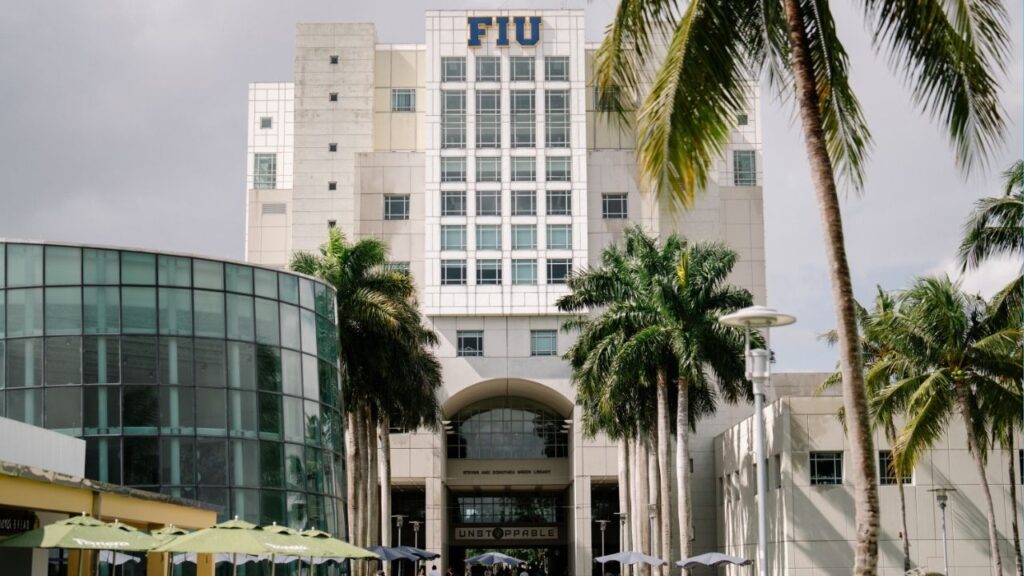Trump's sentencing is postponed as Manhattan prosecutors and his lawyers navigate implications from a Supreme Court ruling, marking a critical juncture in his legal battles and potential criminal consequences as a former president. (Dave Sanders/The New York Times)

- Manhattan prosecutors and Trump agree to delay his sentencing due to concerns about a recent Supreme Court ruling affecting his conviction.
- Trump's lawyers argue that evidence from his presidency unfairly influenced his conviction in a case unrelated to his official duties.
- This delay represents a significant moment in Trump's legal battles, potentially impacting his criminal accountability as the first convicted American president.
Share
|
Getting your Trinity Audio player ready...
|
NEW YORK — Manhattan prosecutors on Tuesday agreed with Donald Trump’s request to postpone his criminal sentencing so that the judge overseeing the case could weigh whether a recent U.S. Supreme Court ruling might imperil his conviction, new court filings show.
It is up to the judge to determine whether to postpone the sentencing, though with both sides in agreement, a delay seemed likely. The judge, Juan M. Merchan, could rule as soon as Tuesday.
Delay Would Cause Setback for the Case
A delay would represent a surprising setback for the case, which led to the first conviction of an American president. The sentencing was likely to be the only moment of criminal accountability for the twice-impeached and four-time indicted former president whose other cases are mired in delay.
Trump, who was convicted of falsifying business records related to his cover-up of a sex scandal during his 2016 presidential campaign, was scheduled to be sentenced on July 11, just days before he is to be formally nominated for president at the Republican National Convention. He faces up to four years in prison, though he could receive as little as a few weeks in jail, or probation.
Related Story: How to Get Voters the Facts They Need Without a Trump Jan. 6 Trial
On Monday, the planned sentencing hit a snag when the Supreme Court granted Trump broad immunity from prosecution for official actions taken as president. The landmark ruling, which was decided 6-3 along partisan lines, dealt a major blow to Trump’s federal criminal case in Washington, where he is accused of plotting to overturn his 2020 election loss.
Although the Manhattan case does not center on Trump’s presidency or official acts — but rather on his personal activity during the 2016 campaign — his lawyers argued on Monday that prosecutors had built their case partly on evidence from his time in the White House. And under the Supreme Court’s new ruling, prosecutors not only cannot charge a president for any official acts, but also cannot cite evidence involving official acts to bolster other accusations.
Trump’s Lawyers Say Conviction Should Be Set Aside
In a letter to Merchan, Trump’s lawyers contended that the conviction should be set aside. They also asked the judge to postpone the sentencing while he considered their request.
In response to the letter from Trump’s lawyers, the district attorney’s office wrote that prosecutors did not oppose Trump’s request to delay the sentencing.
Related Story: Supreme Court Sends Trump’s Immunity Case to Lower Court
“Although we believe defendant’s arguments to be without merit, we do not oppose his request for leave to file and his putative request to adjourn sentencing pending determination of his motion,” wrote Joshua Steinglass, one of the assistant district attorneys who tried the case against the former president.
Trump’s lawyers proposed filing their court papers on July 10, and the district attorney’s office said it would respond two weeks later.
The district attorney, Alvin L. Bragg, was the first to bring criminal charges against Trump last March. Three other indictments followed in three other jurisdictions — Washington, Florida and Georgia — in the summer, but Bragg’s case is likely to be the only one to have made it to trial before Election Day.
Related Story: How did CNN’s Moderators Do in the Biden-Trump Debate? It Almost ...
In May, a jury of 12 New Yorkers convicted Trump on 34 felony counts of falsifying records stemming from a hush-money payment to a porn star, Stormy Daniels, in the final days of the 2016 campaign. His fixer at the time, Michael D. Cohen, paid Daniels $130,000 to silence her story of a sexual liaison with Trump, who eventually reimbursed Cohen.
While paying hush money is not inherently illegal, Bragg’s prosecutors accused Trump of instructing his employees to lie on company paperwork to hide the nature of the reimbursement.
The district attorney’s case framed the hush-money payment as part of a broader conspiracy by Trump and his allies to interfere in the 2016 presidential election. Prosecutors presented evidence detailing how The National Enquirer, the supermarket tabloid, played a central role in the conspiracy with its catch-and-kill strategy of buying and burying negative stories about Trump and publishing sensational and false ones about his rivals.
–
This article originally appeared in The New York Times.
By Ben Protess, William K. Rashbaum and Wesley Parnell/Dave Sanders
c.2024 The New York Times Company
Distributed by The New York Times Licensing Group
RELATED TOPICS:
Categories




















